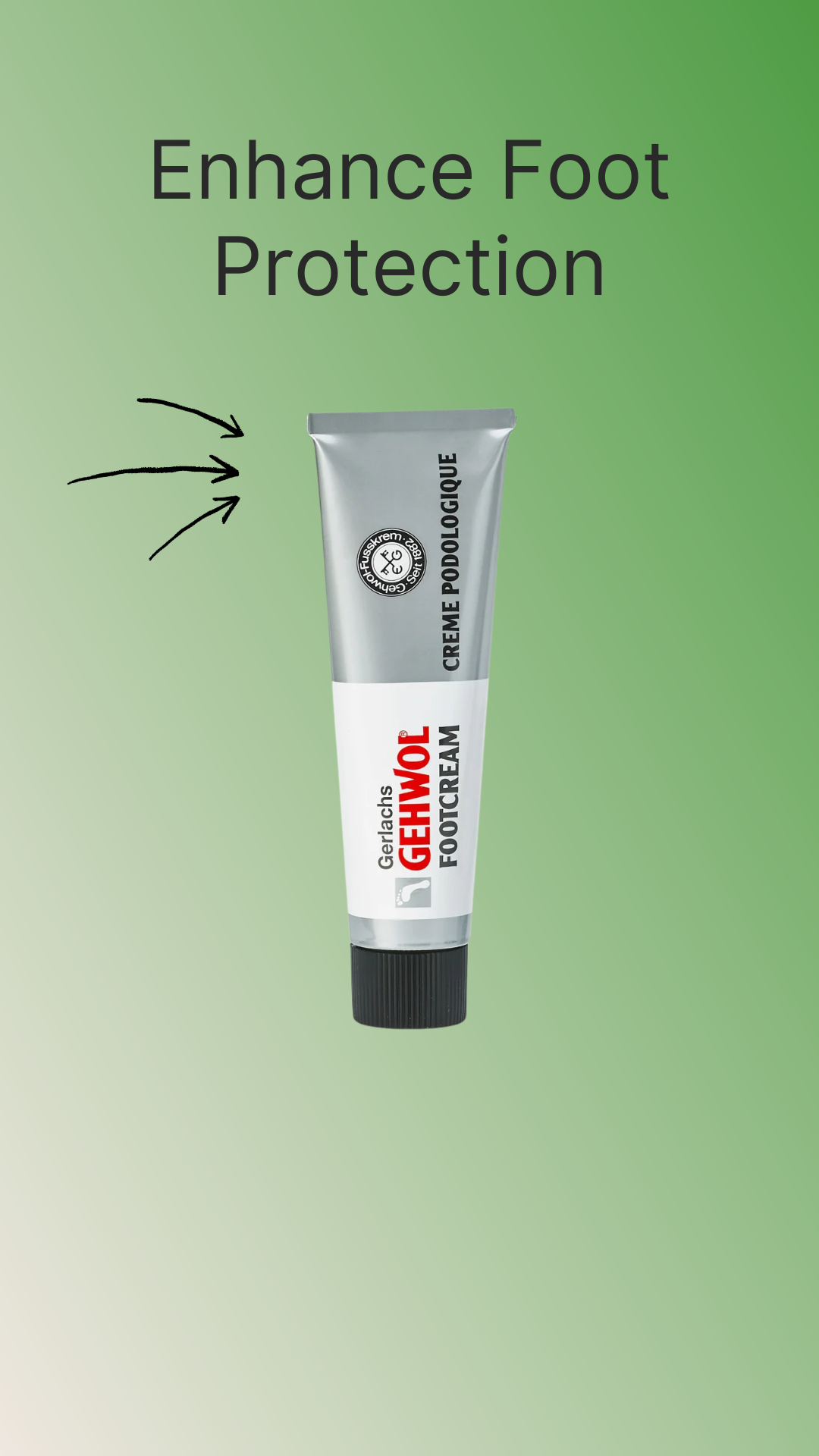Introduction
Multiple Sclerosis (MS) is a chronic neurological condition that affects the brain and spinal cord. In the UK, more than 130,000 people live with MS, and around 7,000 are newly diagnosed each year. Symptoms vary but often include muscle weakness, fatigue, balance problems, numbness, and difficulty walking.
Because MS affects movement, footwear becomes especially important. The wrong shoes can increase the risk of trips and falls, worsen fatigue, and make daily life more difficult. The right orthopedic footwear, however, can provide stability, support, and comfort—helping individuals stay mobile and independent.
In this guide, we’ll explore why shoes matter for people with MS, the features to look for, and how orthopedic footwear can make walking easier and safer.
Why Shoes Matter for People with MS
Stability for Balance Issues
MS often causes poor balance and unsteady walking. Shoes with wide, non-slip soles provide a stable base, reducing the risk of falls.
Reduced Fatigue
Walking can be exhausting for people with MS. Lightweight orthopedic shoes with cushioned soles reduce strain and help conserve energy.
Comfort for Sensitive Feet
Numbness, tingling, or foot pain are common symptoms. Cushioned, seamless shoes prevent irritation and improve comfort.
Adaptability for Changing Symptoms
MS symptoms can fluctuate daily. Adjustable shoes with Velcro straps allow for quick, comfortable adjustments when swelling or weakness changes foot shape.
Compatibility with Orthotics & AFOs
Some people with MS require orthotic insoles or ankle-foot orthoses (AFOs). Extra-depth shoes with removable insoles make it easy to accommodate these devices.
Key Features of the Best Shoes for MS in the UK
Wide, Non-Slip Soles
Improve stability and reduce fall risk, especially on smooth indoor flooring.
Lightweight Construction
Reduces fatigue by making walking less effortful.
Cushioned, Removable Insoles
Provide shock absorption and pressure relief, with the option to use custom orthotics.
Rocker Bottom Soles
Encourage smoother walking motion, reducing strain on stiff or weak joints.
Seamless Interiors
Protect sensitive feet from blisters, rubbing, or pressure sores.
Adjustable Fastenings
Velcro straps or zips allow for easy fitting, especially for people with limited hand strength.

Everyday Benefits of Orthopedic Shoes for MS
-
Safer walking: Wide, non-slip soles reduce risk of trips and falls.
-
All-day comfort: Cushioned shoes ease pressure on tired feet and legs.
-
Improved mobility: Lightweight designs conserve energy.
-
Adaptable support: Shoes work with orthotics or AFOs when required.
-
Independence: Easy fastenings allow wearers to put on and remove shoes without help.
Lifestyle Scenarios
-
At home: Supportive house shoes provide grip on smooth floors and protect against cold or hard surfaces.
-
Workplace: Comfortable orthopedic shoes reduce fatigue during professional duties.
-
Outdoor walking: Rocker soles and cushioned insoles make it easier to enjoy exercise safely.
-
Social events: Modern orthopedic designs combine comfort with smart styling for confidence in public.
FAQ – Shoes for Multiple Sclerosis
Q: Can shoes improve walking with MS?
A: Shoes cannot cure MS, but they can improve comfort, reduce fatigue, and lower fall risk.
Q: Are rocker soles good for people with MS?
A: Yes, rocker soles encourage smoother steps and reduce strain on weak joints or muscles.
Q: Do MS shoes need to be extra wide?
A: Not always, but extra width and depth help accommodate swelling, orthotics, or AFOs.
Q: Can orthopedic shoes reduce fatigue in MS?
A: Yes, lightweight, cushioned shoes reduce energy expenditure when walking.
Q: Should MS patients wear supportive shoes indoors?
A: Yes, continuous support indoors reduces falls and improves safety.
Q: Are diabetic shoes suitable for MS?
A: Yes, diabetic-friendly designs (seamless interiors, cushioned protection) are also excellent for MS-related foot sensitivity.
Final Thoughts
Living with MS presents unique mobility challenges, but supportive footwear can make a significant difference. The best shoes for Multiple Sclerosis in the UK provide stability, cushioning, rocker soles, and adjustability, helping reduce fatigue and improve safety.
While no shoe can cure MS, orthopedic designs empower individuals to stay mobile, independent, and confident in their daily lives. For people managing MS, investing in high-quality supportive footwear is not just about comfort—it’s about improving quality of life.



